Monday 10 October 2022
Sir Michael Tugendhat (Honorary Professor of Law, University of Leicester, Inner Temple Bencher, joint author with Elizabeth de Montlaur Martin of the Les droits du genre humain: la liberté en France et en Angleterre (1159-1793), [The rights of mankind : liberty in France and England (1159-1793)] Société de législation comparée, Paris, 2021 which was recently awarded a prize by the Académie des Sciences Morales et Politiques.)
Education
- Our vision for the future
- Call to the Bar
- Dr Ivy Williams, An Enduring Inspiration to Women Lawyers
- Gilds and Things
- Human Rights in Britain and France: From Thomas Becket to the French Revolution
- Law in a Time of Plague - Was the Law a Good Doctor
- Lawyers and Diplomats
- The Selden Society: John Selden and Legal History
- The Selden Society: The Fire Courts
- William Crashawe's Library
- International Practice Panel
- Master H Meets...Again
- Race and the Legal Profession
- Show me the money!
- Forensic Document Examination - The Science Today
- The Bar of Ireland, Brexit and the Common Law
- The History of the Law Officers
- Memory as Evidence
- The Absolute Ban on Assisted Dying and Lessons from Canada
- Brain Imaging as Evidence
- Previous Lecture Series and Speakers
- Calling It Out: Professionals, their Regulators, Equity and Fairness
- Proof in International Criminal Trials
- Forensic Identification from the Hand
- Giving Judges a Voice in Democracies
- A Public Health Approach to Equality Law
- The Limits of Fiduciary Rules
- The Predicament and Agency of Refugees
- The Wild and Ridiculous Doctrine of Equality
- What Does It Mean to Be Anti-Racist in a Profession Full of Privileged People?
- 'Sales' on Retention of Title Terms
- Asylum and Immigration: Do Sovereign Island Nations have a Duty to Provide Refuge?
- Assisted Dying
- Britain's Unwritten Constitution
- The Crime of Ecocide
- Does the Bar Need to Communicate and Market Itself More in the Modern World?
- Is Anything More Needed to Ensure Freedom of Speech?
- Is There a Case for Anonymity in Social Media?
- Is the Presumption of Innocence Alive and Well?
- Peace vs Justice
- Prison Reform
- The Rule of Law in Times of International Conflict
- Should UK Judges and ex-Judges Be Sitting in Hong Kong?
- Special Gandhi Lecture
- Temple Women's Forum Autumn Networking Event
- Temple Women's Forum: Planned Breaks and Return to the Bar
- What Does a Master of the Bench Do?
- Frequently asked questions
Home › Education › Education Resources › History Society Lecture Recordings › Human Rights in Britain and France: From Thomas Becket to the French Revolution
Human Rights in Britain and France: From Thomas Becket to the French Revolution
On 10 October, the History Society hosted Master Michael Tugendhat for a lecture on the history of human rights in Britain and France. The lecture examined the legal developments in the prohibition of slavery and its legislation in both countries from the eleventh century to the present day.
Master Tugendhat explored the legal definition of slavery and how it differed from other sorts of work states, such as compulsory military service and obligatory works performed by a convicted criminal as part of sentencing. He discussed the earliest records in England pertaining to slavery, such as the Domesday Book, and the eventual disappearance of slavery by the later medieval period, offering the likely legal reasons for this disappearance. He discussed various legal developments in the following centuries, as both countries expanded their reach by establishing colonies in the Caribbean, and the differing laws that resulted from these burgeoning new trade routes.
History Society Lecture
0:00
-0:00
Slides
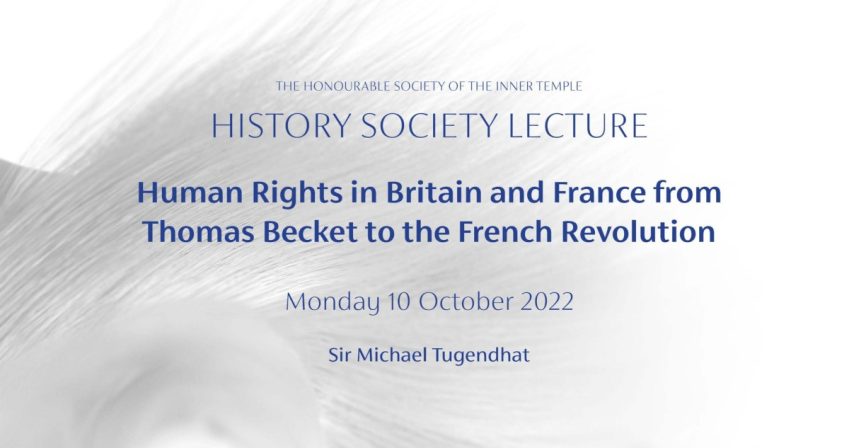
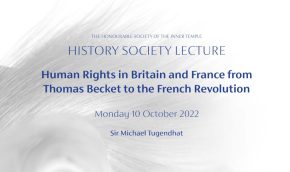
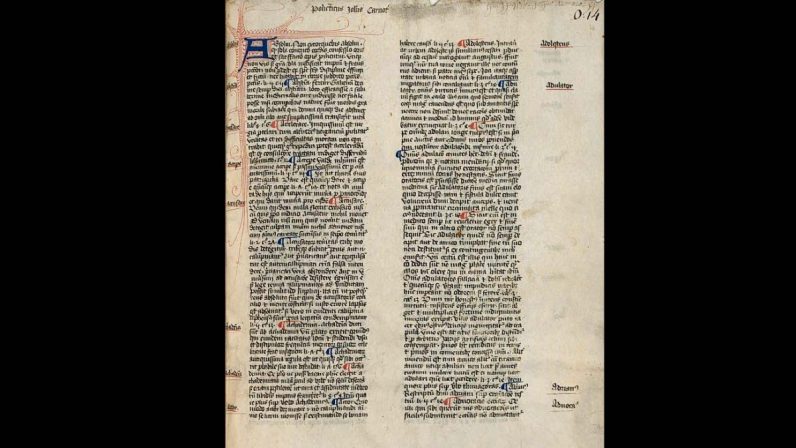
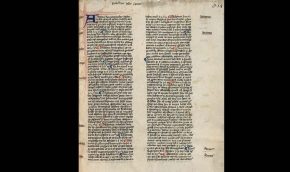
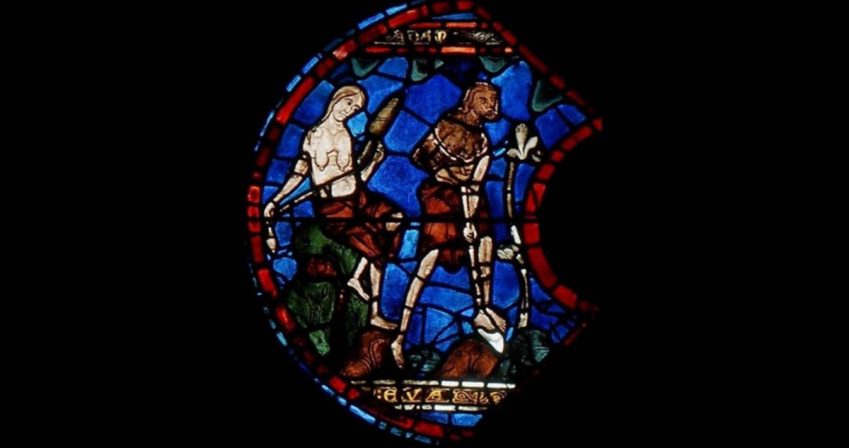
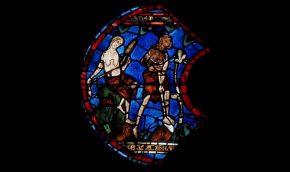
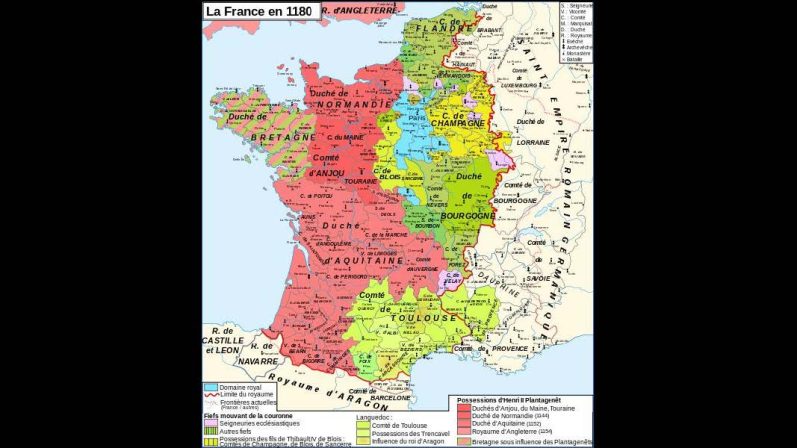
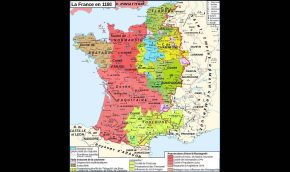
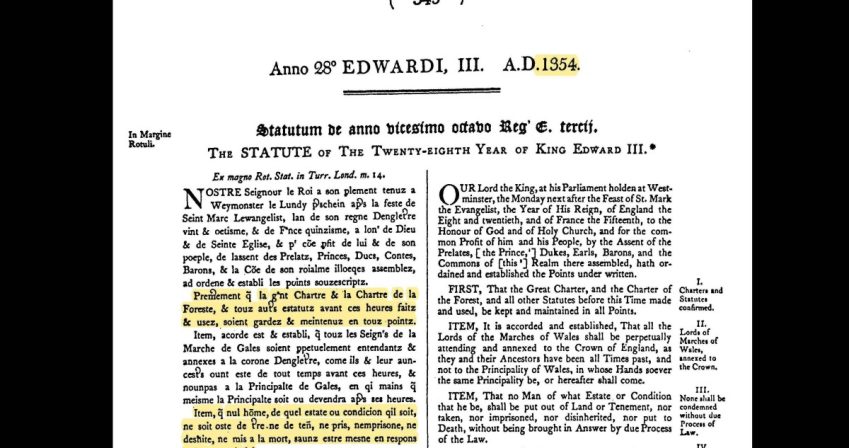
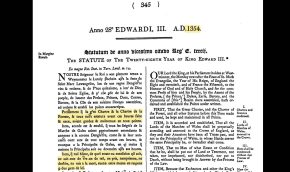
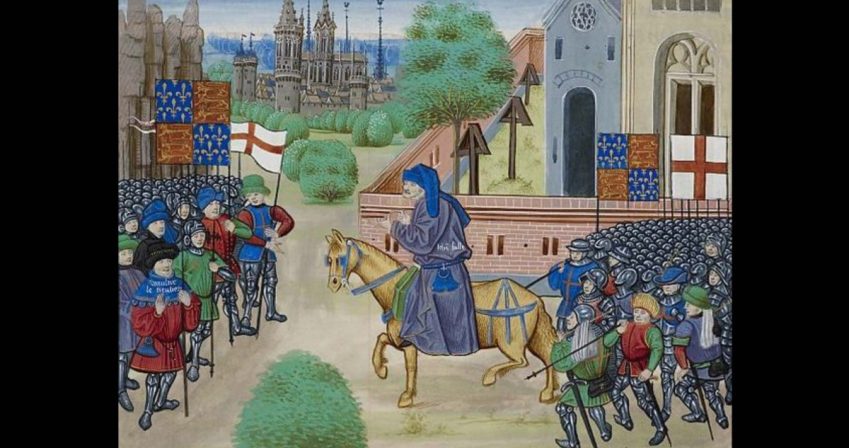

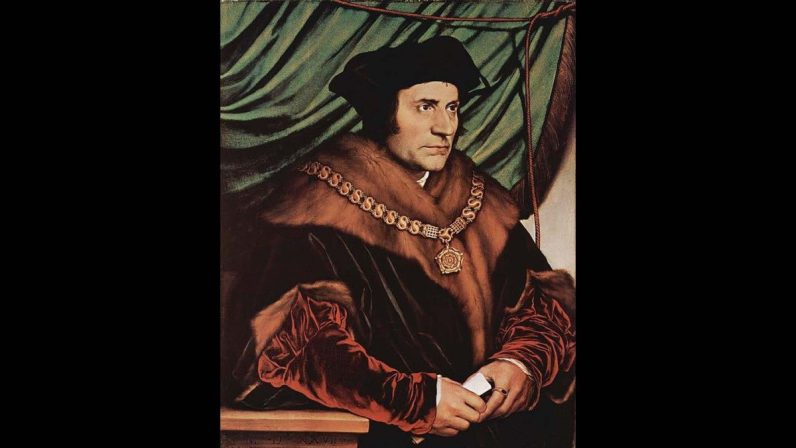
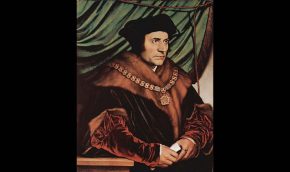
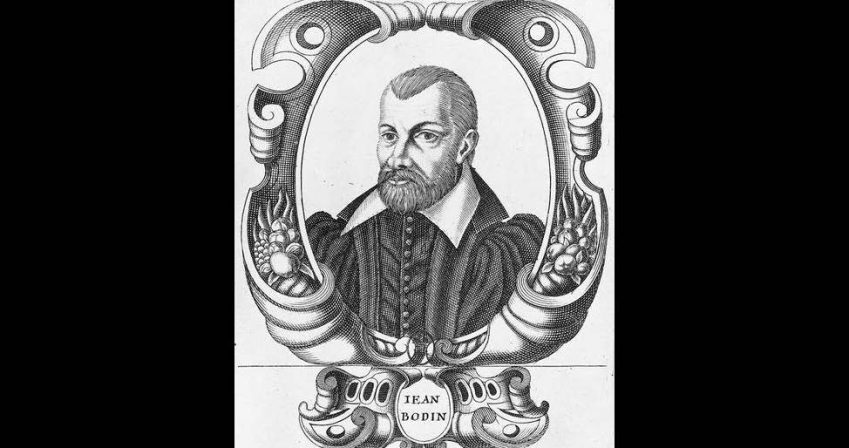
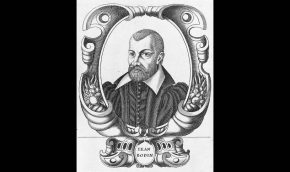
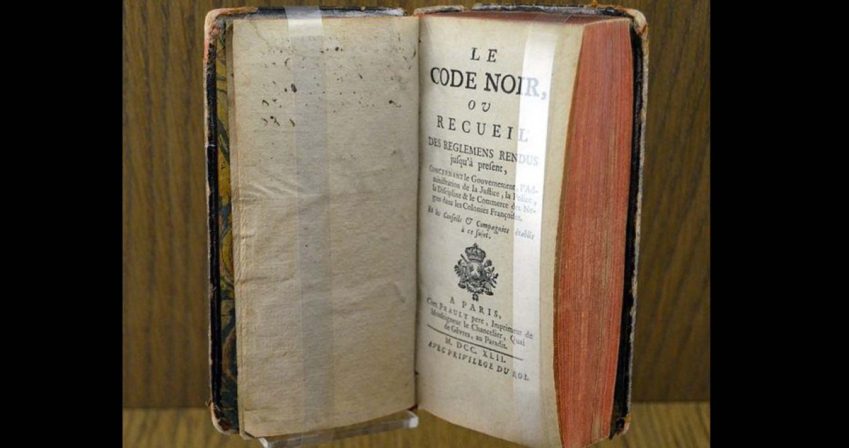
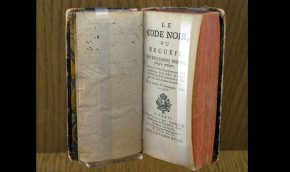
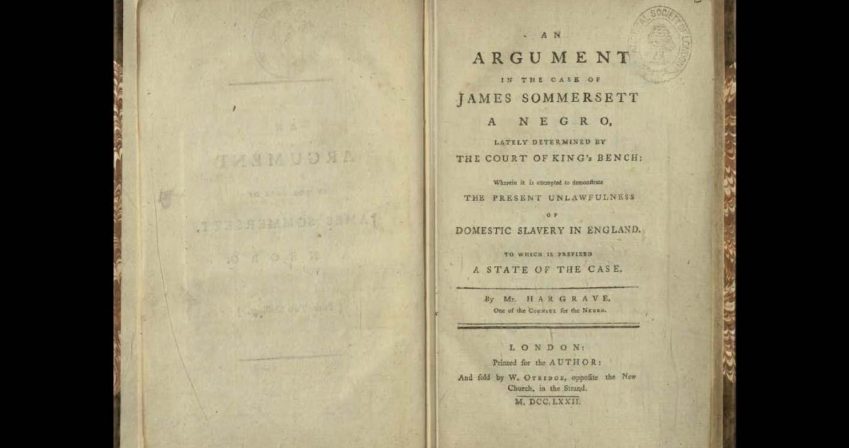
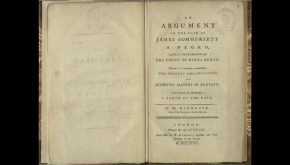
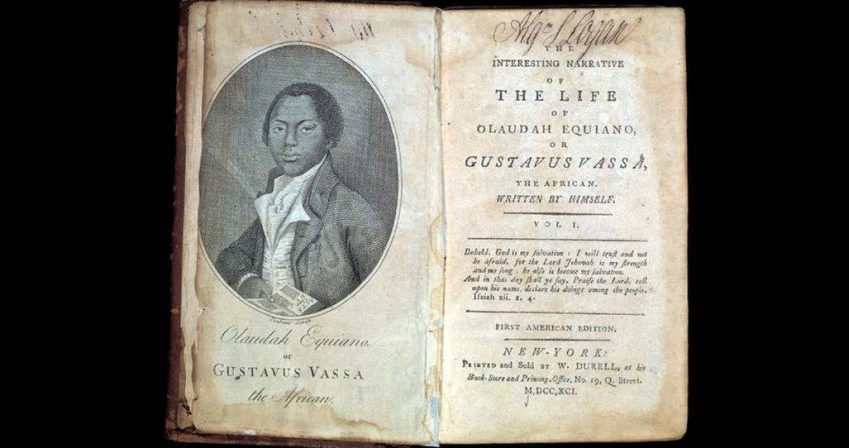
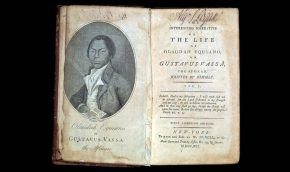
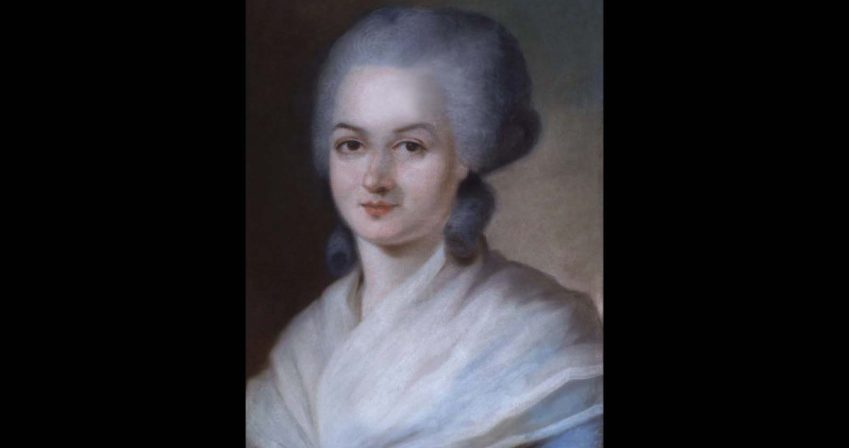

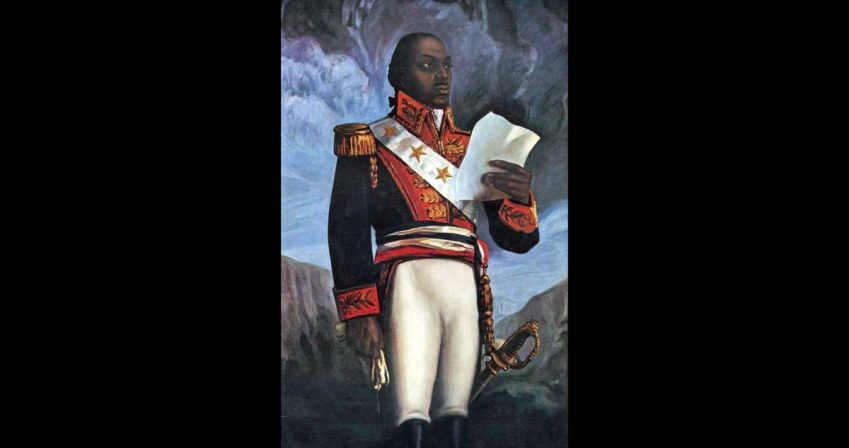
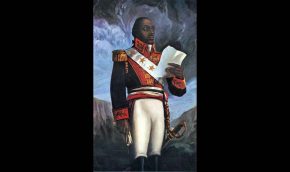
John of Salisbury’s Policraticus
Adam et Eve a Chartres
Map of France 1180 - England and Aquitaine
Liberty of the Subject 1354
Peasants Revolt
Sir Thomas More
Jean_Bodin
Code Noir - Nantes Museum
Francis Hargrave Argument
Olaudah Equiano
Olympe de Gouges
Toussaint Louverture